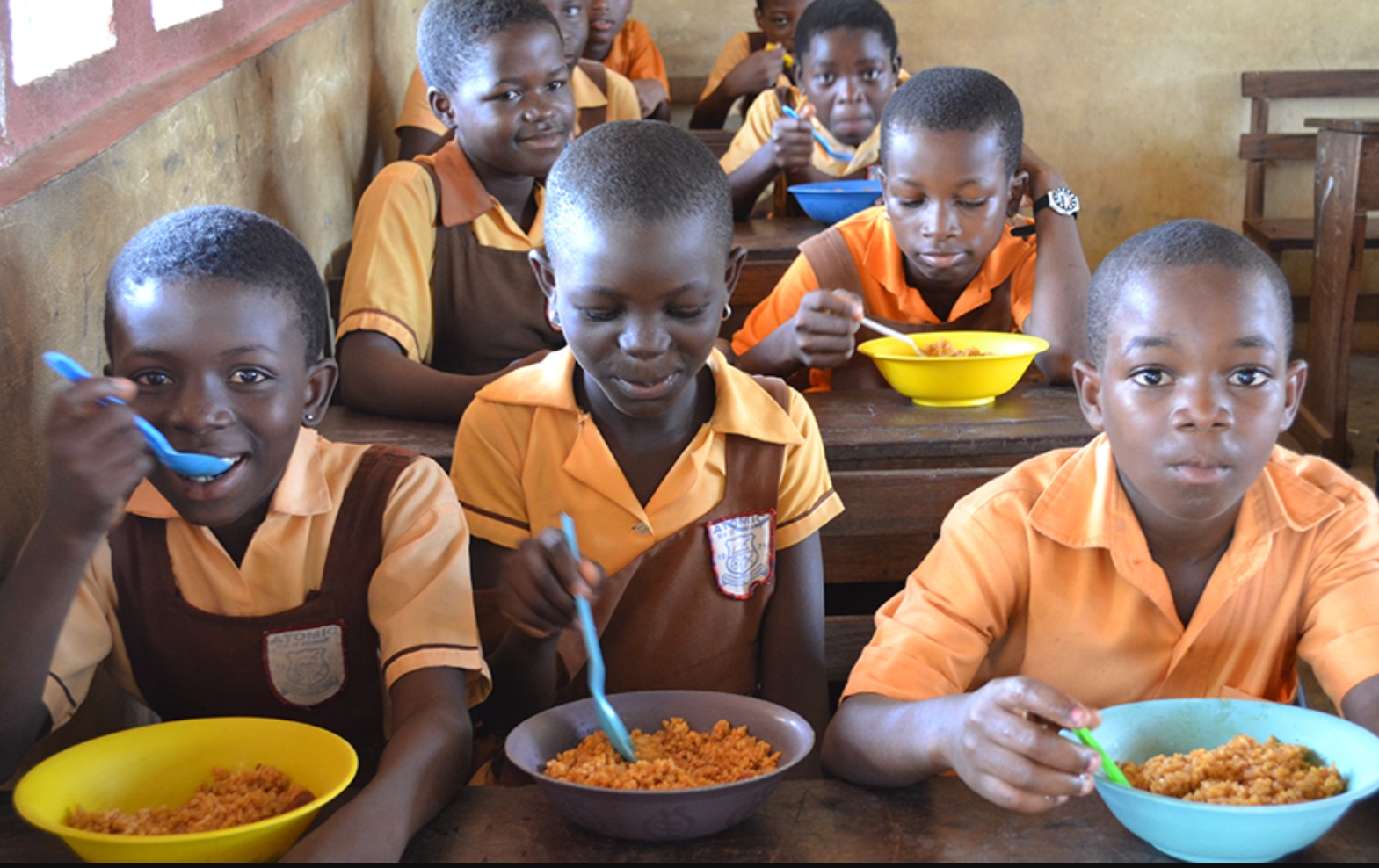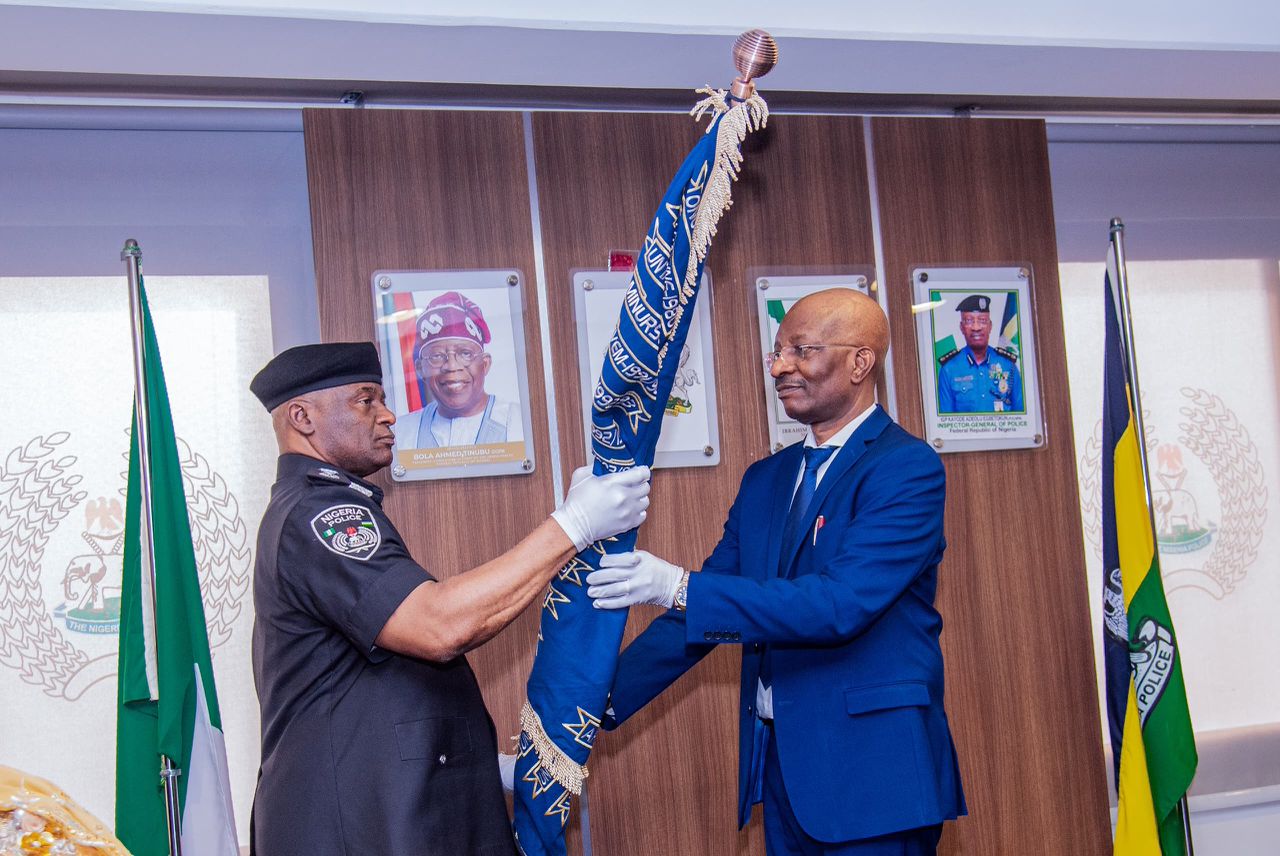The Federal Government has inaugurated the Alternate Education and Renewed Hope National Home Grown School Feeding Project to expand the scope of feeding by reaching 20 million out-of-school and informal children in 2026.
Prof. Nentawe Yilwatda, the Minister of Humanitarian Affairs and Poverty Reduction, made this known while launching the programme on Tuesday in Abuja.
Yilwatda said the programme is being implemented by the Renewed Hope National Home-Grown School Feeding Programme (RH-NHGSFP), in collaboration with National Commission for Almajiri and Out of School Children Education and National Identity Management Commission.
He said the project launched on Children’s Day was one of the flagship initiatives of the National Social Investment Program Agency (NSIPA) in commemoration of President Bola Tinubu’s second year anniversary.
“There is no better time to renew our commitment to inclusive, equitable, and quality education especially for the millions of children currently outside the formal education system.
“The Alternate Education Programme is a strategic and compassionate response to one of the most critical educational and social development challenges of our time—the rising number of out-of-school children.
“It is our firm belief that every child, regardless of background, location, or social status, deserves the right to learn, to grow, and to dream.
“In furtherance of this goal, the NHGSFP under the renewed mandate of NSIPA has identified Karsana II, a nomadic settlement in the Federal Capital Territory, as the pilot site of this transformative initiative.”
Yilwatda said temporary learning centres have been established to accommodate pupils from Primary one to three, a staff room and a solar-powered borehole have been dedicated to guarantee access to clean water for the children and their families.
He said the learning programme is integrated with the NHGSFP’s daily school meal service ensuring that each child receives a nutritious meal every school day.
According to the minister, the dual intervention would not only improve school attendance and retention but also significantly enhance their cognitive and physical development.
“This is not merely an education or feeding initiative—it is a holistic, rights-based intervention that delivers education, nutrition, identity, and dignity to the Nigerian child,” he said.
Yilwatda said the objective is to build a national framework for reintegrating out-of-school children into safe, structured, and nourishing learning environments.
Prof. Badamasi Lawal, National Coordinator and Chief Executive Office of the National Social Investment Programme Agency (NSIPA), said the project which began as a school-based nutrition intervention has matured into a policy instrument for inclusion, human capital growth, and socio-economic resilience.
“With the Alternate Education Programme, we are moving beyond conventional boundaries to reach children in unconventional circumstances, those in out of school settings, displaced camps, informal settlements, and almajiris.
“This is not charity. It is justice. It is governance at its most intentional,” Lawan said.
He noted that the programme was designed to reduce the out of school children in Nigeria, improve enrollment and help transition from one level of primary education to the other and to secondary school.
“This is to bring inclusiveness into the feeding programme to ensure that no child should be left behind.
Also speaking, Dr Aderemi Adebowale, National Programme Manager, Renewed Hope National Home-Grown School Feeding Programme (RH-NHGSFP), said 200 almajiri children were being targeted in Karasana in the pilot programme.
Adebowale said that the programme integrated children living in border communities, informal camps through an inclusive, community-led model management, feeding, and foundational learning.
She said that RH-NHGSFP was in charge of the tripartite feeding project being executed while the Almajiri commission was responsible for teaching and NIMC would do the verification.
“So the three of us are coming together to do what our mandates are. But we are not just limiting our mandate to the children that are already captured in school.
“We are also now taking that mandate to the out-of-school children in Nigeria.”
Dr Nurudeen Zauro, Technical Advisor to the President on Economic and Financial Inclusion in the Office of the Vice President, said one of the president’s mandates is inclusiveness and it is going all out to achieve that.
According to Zauro, Tinubu’s administration is committed to economic and financial inclusion and the feeding project is about financial and economic inclusion, a project aligned with his renewed hope agenda.
The Chairman, House Committee on Poverty Alleviation, Abdulkadir Jobe, represented by his deputy Alex Ikwechegh, said the project demonstrated the government’s untiring efforts at reducing poverty in Nigeria and promised support to ensure its success. (NAN)





